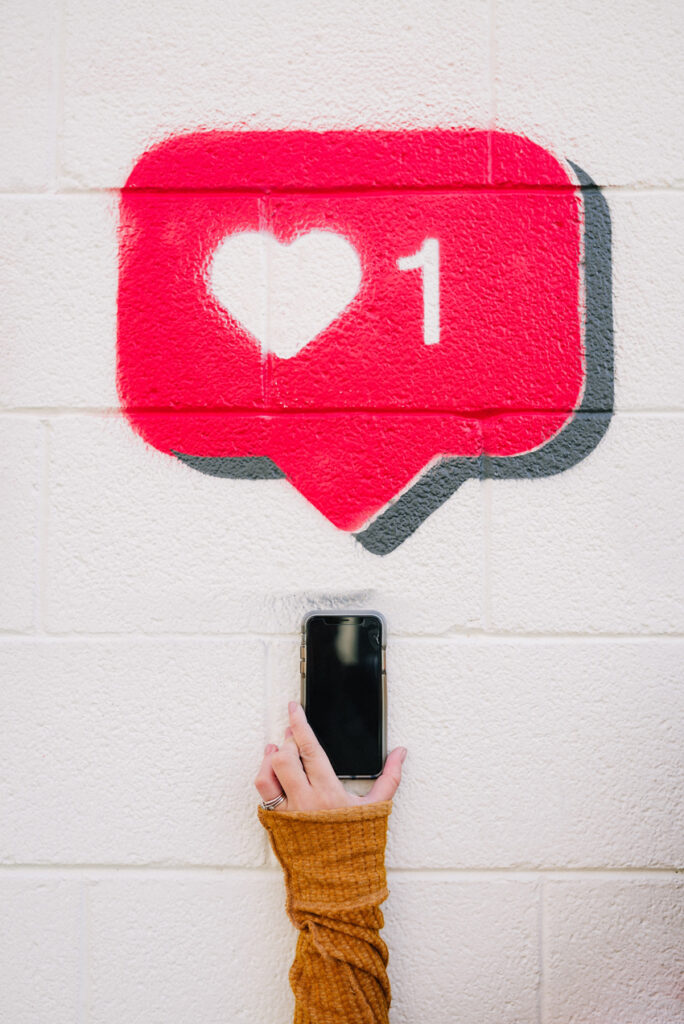ED Stories
Abby's Story
Hi, my name is Abby, and when I was 15 years old, I was diagnosed with binge eating disorder.
As a kid, I was taught, as much of the world was, the difference between “good” and “bad” foods. Good foods included fruits and vegetables, while the bad food I think you could guess would be breads and sugars. As a result of this programming, I was scared of the “bad” foods, or in actuality, scared of what others think of me when they saw me eat them. Now, as a kid, like many others, sugar was my kryptonite. However, in my house, those foods were few and far between, so whenever I could get my hands on some Sour Patch Kids or lollipops, I jumped at the opportunity. As I got older, and my parents began to become more lenient about my food choices, sometimes bringing into the house foods like honey pretzels and whole grain goldfish, I lunged at the opportunity to eat them, sometimes downing the entire package in a day. While I didn’t know it then, my eating disorder had just begun.

As time went on, getting deeper into the hole that had become my binge eating disorder, I realized that the pattern of binging and restriction that I had been following me for years had turned into an unsustainable and frankly unsafe way to live. That day, I decided to make a change.
I began going to an eating disorder therapist and without any shadow of a doubt, it saved my life. I was no longer just surviving to binge another day but rather living to make memories, and I have got to say, it was the best decision I ever made, but for a while, I didn’t even know the decision was possible to make.
I, like many others in my position, were the victims of mental health and eating disorder stigmation, leaving me to believe that there was no way out from my binge spiral. It wasn’t until one day as my mom was looking for any program to help me get my food under control that she found a therapist that would help me heal my relationship with food. At first I was shocked and disheartened by the fact that I had never heard of such a thing, but nevertheless, taking the chance and going to the therapist was the best choice I ever made. The most important thing to remember is that food is not the enemy: the stigma around food freedom is.
For years the mainstream media has perpetuated this image of health in a size 0 body eating nothing but salads, but I got news for you: a healthy body doesn’t look like that. A healthy body consumes breads and cheeses and sugar and basically any food you could ever imagine because a healthy body doesn’t mean a small body. But as much as I try to advocate for food freedom at every size, there will always be another person barking their invalidating words back at you, so let me just say this…
For years the mainstream media has perpetuated this image of health in a size 0 body eating nothing but salads, but I got news for you: a healthy body doesn’t look like that. A healthy body consumes breads and cheeses and sugar and basically any food you could ever imagine because a healthy body doesn’t mean a small body. But as much as I try to advocate for food freedom at every size, there will always be another person barking their invalidating words back at you, so let me just say this…
- Being a smaller size will not make your life any better or more meaningful if you are constantly struggling to stick to a food plan.
- There are no good or bad foods unless of course, the food is poisoned.
- Eating disorders begin with the shame that is associated with food, so whenever someone shares a negative comment about your food or your body you, remind yourself that their words are coming from an uneducated and unhealthy place.

Meenu's Story
Hi! I am a former figure skater, and I wanted to tell you about my journey with my eating disorder. I started figure skating when I was 3 years old until I was 11. Figure skating is a type of sport in which nearly 20% of competitive skaters struggle with eating disorders; most of the time, coaches, family/friends, and social media are the ones who trigger thoughts that make you want to starve yourself.
In my case, my coach was the one who had me follow a strict diet when I was just 6 years old. My coach used to say that I was fat/chubby (I wasn’t) and because of that, she started to tell my mom that I should only eat certain foods.
This led me to become anorexic; when I was 8 years old, I weighed only
24 kg. After a while of this abuse, I told my mom that I couldn’t continue to
compete because whenever I ate anything, I would throw up and that caused my
stomach to hurt constantly.

My dad saw how this was affecting me and took me to see a doctor. The doctor said that I was severely underweight and then asked me what caused me to be this underweight. I ended up telling my dad and my doctor about what my coach was doing, and then the doctor said that I should go to nutrition counseling and therapy.
I went to nutrition counseling and therapy for about 4 years and have gained enough weight to be considered healthy. The beginning of those 4 years that I went to therapy, I wouldn’t listen to what my therapist said and thought that it was a waste of time. But slowly, I started to gain weight and trust my therapist.
Now I am 16 years old, and I weigh around 50 kg. If I had continued with what I did, I wouldn’t be as happy as I am now. My coach may have been trying to help as a figure skater through unhealthy dietary methods, but she ended up teaching me that I shouldn’t let others tell me what I should do with my body.

Jack's Story
For 3 years, Jack was controlled by an eating disorder called bulimia. This meant that he went through cycles of binging and purging that ultimately led to “exhausted, stressed and moody” feelings. Following one extreme cycle, he sought treatment by contacting his doctor. His gradual, bumpy recovery finally yielded success after a little more than a year.
Giva's Story
Giva’s 15-year battle with anorexia meant many nights curled up from hunger pains. She started eating disorder treatment in her 30’s, and subsequently aimed to break the “‘huge’ misconception that eating disorders only affect ‘thin, young, white affluent women.’” As the current program manager of Project HEAL, she sees the inclusion of “all genders, all races, all classes, all cultures” in dialogue about eating disorder recovery.
ed resources
Visit the sites below for more ED help & information:
You're not alone.
We're here to help.
CALL/TEXT THE NEDA HELPLINE AT (800) 931-2237 IF YOU OR ANYONE ELSE MAY NEED ASSISTANCE.
*ABSENCE OF CERTAIN EATING DISORDER SIGNS/SYMPTOMS DOES NOT MEAN THAT ONE SHOULD NOT SEEK PROFESSIONAL HELP.
